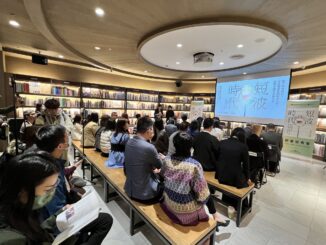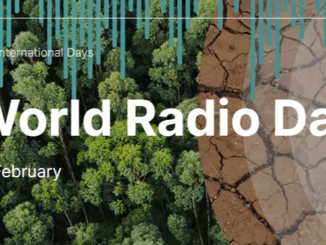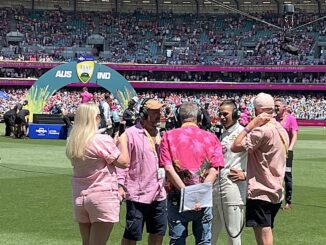Drivers can now listen to all their favourite podcasts, radio, and music from the BBC more easily than ever before, as the new BBC Sounds in-car app is now available directly from an in-car entertainment system for the first time.Where previously listeners needed a phone to access BBC Sounds in a car through Android Auto or Apple CarPlay, they can now listen to music, radio, and podcasts from the BBC directly from the car’s display.Initially, the BBC Sounds in-car app is rolling out in select BMW and MINI vehicles with BMW Operating System 9 or MINI Operating System 9. Drivers can check their car’s compatibility using this list. The new app has been built to work on car displays powered by Android Automotive, and the BBC plans to launch it in other cars in the future.Once signed in, listeners will get a personalised experience which synchronises their playback history across devices. So, if listeners start a great true crime podcast like the new series of Bad People on their phone, they can pick up right where they left off when they jump in the car.Listeners can also rewind and pause live radio, allowing them to start shows like ‘The News Quiz’ from the beginning or resume after interruptions, such as a phone call. They can also find shows and music mixes they’ve previously bookmarked on the other versions of BBC Sounds, and get personal recommendations for new things they might like based on their listening.The in-car BBC Sounds app will be available in newer cars – which can be checked on this list – starting with BMW and MINI. Drivers can still listen to BBC Sounds by connecting their phones via Apple CarPlay and Android Auto, and those experiences will continue to be updated and developed in the future. Plus, it’s still possible to connect BBC Sounds via Bluetooth.Storm Fagan, chief product officer for the BBC, said: “People love to listen to the BBC when they’re in the car – it’s a huge part of how people interact with the BBC, and drivetime shows are still some of the most popular radio we make. But as technology in cars gets better, drivers have far more entertainment options. By launching this dedicated in-car app, we’re able to give drivers the full BBC Sounds experience – enabling them to listen to all their favourite podcasts, music mixes and, of course, live radio while they’re behind the wheel more easily than ever before.”Andrew Furse, BMW Product Operations Manager, said: “This latest integration complements the wide range of apps already available in our vehicles and underscores our commitment to delivering a seamless in-car entertainment experience.”
The in-car BBC Sounds app will be available, along with all other apps, within the vehicle’s Appstore. The vehicle’s Appstore is only available to drivers with a data service, such as a subscription to BMW Digital Premium or MINI Connected Package. […]






